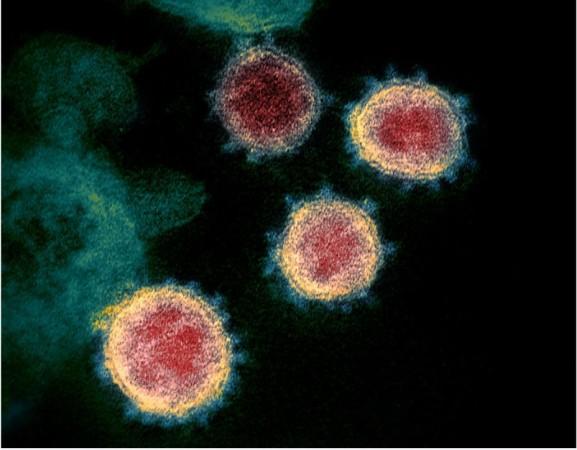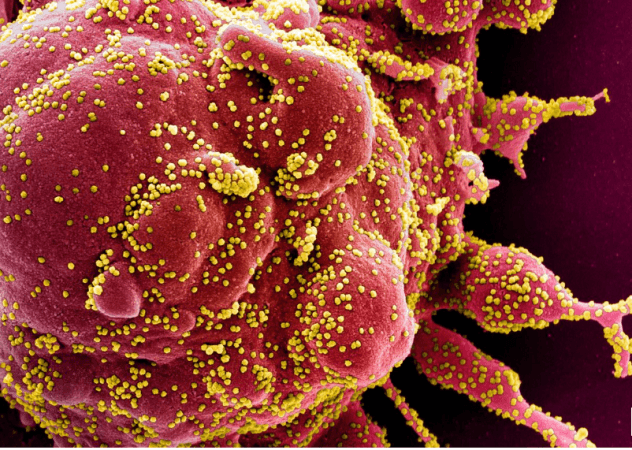Just days after the British announced the spread of an unseen strain of the coronavirus, which has been stated to be more contagious and fast-spreading than the earlier variants of the pathogen, health authorities in South Africa this week reported the spread of a similar mutated strain of the virus that has further led to a steeper and sudden spike in infections across the country.
South Africa is currently experiencing a second wave of the coronavirus outbreak. According to media reports, scientists and health officials, on Sunday, announced the discovery of a new variant of the coronavirus, which is now being found in about 90 per cent of samples tested in the country.

Mutated variant in 501.V2
The new variant of Covid-19 has been named 501.V2. It is of particular interest to researchers because it includes key changes in that part of the virus that helps it attach to human body cells. Incidentally, vaccines and antibody therapies also focus on the same part of the virus.
According to preliminary research, the variant has been associated with higher viral load and a quicker spread. So far, however, it is not being linked to more severe disease. But it is still not clear as how stricter restrictions needed to be put in place to ward off the new Covid variant because the authorities have noted a major spike in case irrespective of public measures such as mask wearing and social distancing.

Mutations are defined as small changes in genetic sequences, which are normal behaviour for any virus, producing little or no impact on how it behaves during a pandemic. But sometimes certain specific mutations or multiple mutations can give rise to a variation that can potentially cause more severe disease or make the existing vaccines less effective, scientific reports have stated.
One mutation in particular called N501Y, which is linked to the sequence coding for the spike protein of the virus, has also been found in the variation in the UK, reports added.
New variant leads to case surge
As per local media reports, South Africa has so far reported 9.3 lakh COVID cases and 24,907 deaths due to the virus.
But health experts have accounted for the steeper and sudden spike in infection rates during the second wave of the pandemic and labeled it as a cause of tension. And the mutation has been blamed for the sudden rise in cases.
The seven-day average of daily new cases in South Africa has more than doubled in the past two weeks, from 6.47 new cases per 1 lakh people on December 6 to 14.68 new cases per lakh people on December 20.

In the same period, the seven-day average of daily deaths in the country has risen from 0.18 deaths per 1 lakh people to 0.34 deaths per 1 lakh people, reports said.
Scientists here are studying if COVID vaccines will offer protection against this variant. Some vaccines, including the Oxford-AstraZeneca one, are in a trial stage in South Africa.
The new strain of the deadly virus has forced the Boris Johnson government to put London and southern England under an emergency lockdown ahead of Christmas. The country has so far reported over 2 million COVID-19 cases as of December 20, including more than 67,000 deaths.









!['Had denied Housefull franchise as they wanted me to wear a bikini': Tia Bajpai on turning down bold scripts [Exclusive]](https://data1.ibtimes.co.in/en/full/806605/had-denied-housefull-franchise-they-wanted-me-wear-bikini-tia-bajpai-turning-down-bold.png?w=220&h=138)



